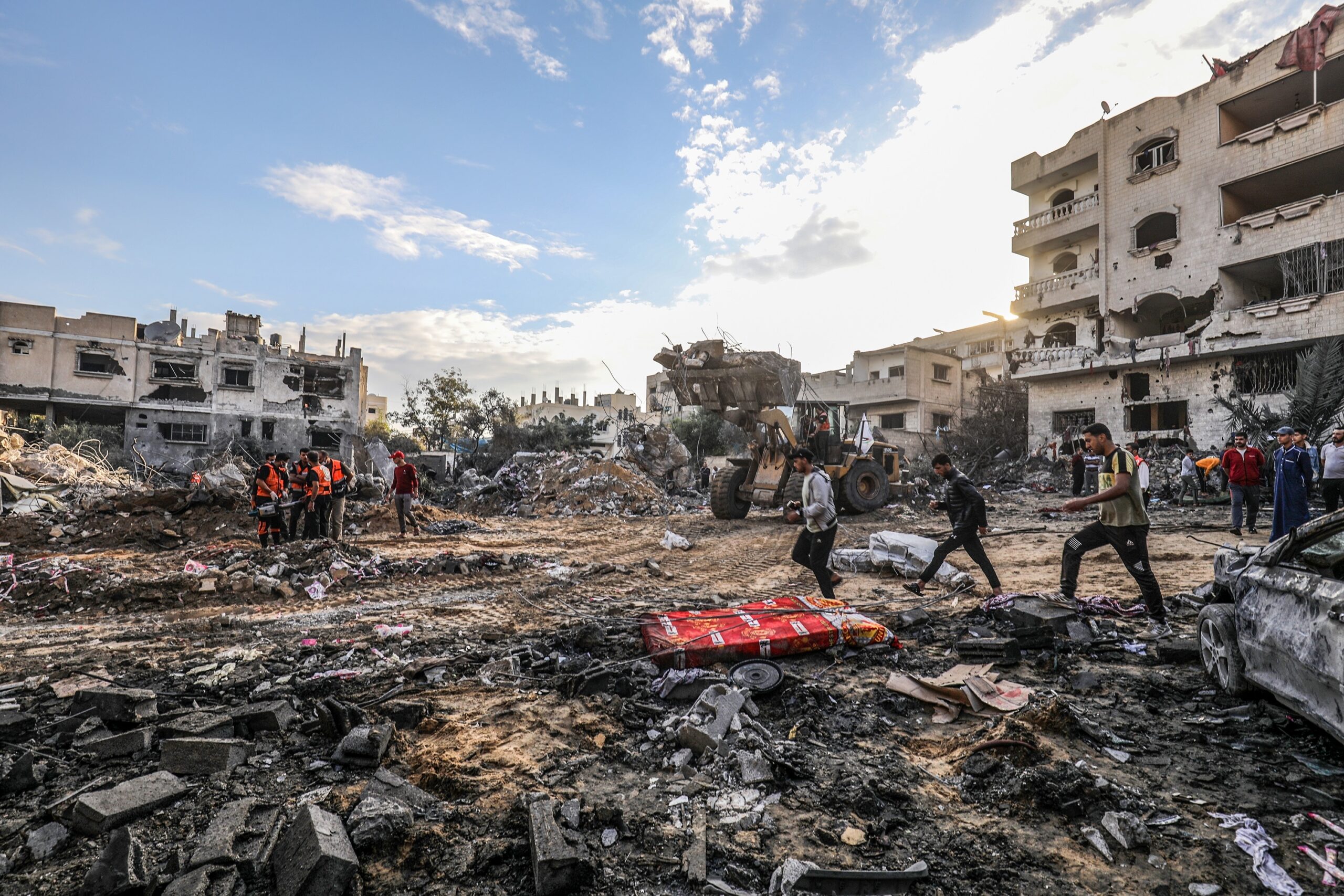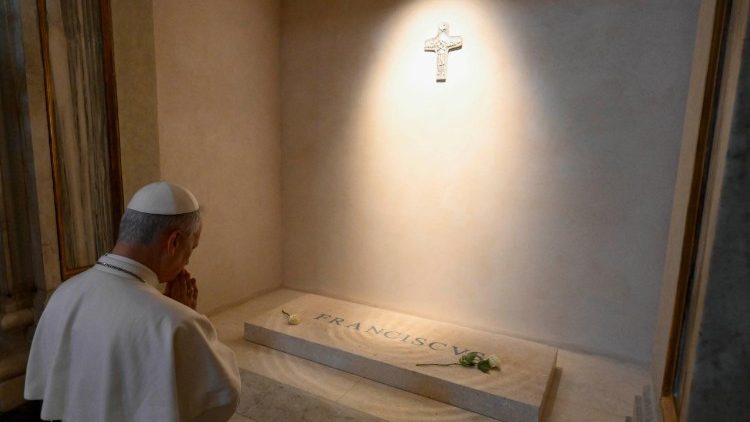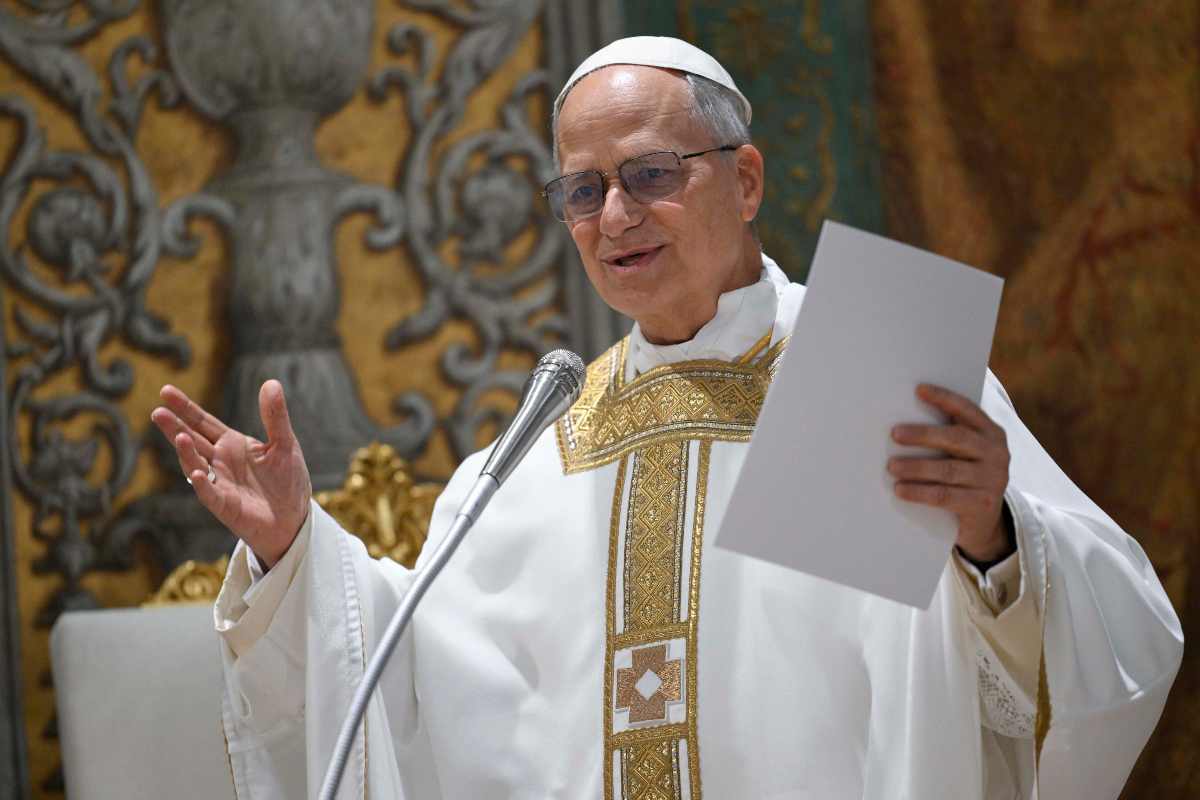It’s been almost a week since gas stations in the Mexican state of Jalisco started to run dry. Shortages have been reported in at least five other states and in the country’s capital, too.
At this station in the Guadalajara suburb of Zapopan, drivers say they’ve been waiting hours for gas. The line stretches outside the station and onto the street.
Mexico’s new President and the country’s state-run oil company have called for calm. They say there isn’t a gas shortage — just a change in the way fuel is distributed.
President Andrés Manuel López Obrador’s administration has closed several key pipelines in an effort to crack down on fuel theft, which he said cost the country an estimated $3 billion last year.
Analysts have said the robberies were often part of a profitable criminal enterprise exploited by some of Mexico’s most notorious cartels.
López Obrador urged people to be patient this week.
“I ask people to help us how they can, acting with prudence, with serenity, without falling into panic, without paying attention to alarmist information,” he told reporters Wednesday.
But as days pass, drivers’ desperation grows. Family members take turns waiting in long lines for gas. Some comb social media for clues about which stations are open. Others have simply decided to leave their cars at home.
“People aren’t running errands. They’re not going out in the streets because of the problem going on with the fuel shortage, because there are fewer trucks, fewer taxis,” cabdriver Felipe Galindo said. “They don’t want to take out their vehicles. They’re saving them for the most necessary things.”
State oil company Pemex said the new gas distribution system will have long-term benefits that outweigh any short-term cost.
“The theft of gasoline has to end. It’s a direct robbery of national sovereignty. There is enough gas. Nonetheless, to end the crime, we have to take drastic measures that require the support of all Mexicans. … It’s a momentary bother for a permanent benefit,” the company said in a video posted Wednesday on Twitter.
So far problems with public transportation and cargo shipments haven’t been reported, because those vehicles use diesel and not gasoline, the Jalisco state president of the National Confederation of Mexican Transporters told CNN en Español.
“If we reached the point of a shortage of diesel, we would truly be facing a major national emergency,” Manuel Sánchez said. “We believe in and trust the authorities that soon this situation will be resolved so that we don’t come close to this scenario, which would be catastrophic and would not only collapse the transportation industry, but the whole national economy.”
Juan Pablo Castañón, director of Mexico’s Business Coordinating Council, told reporters companies are looking to the government for assistance.
“We are looking for the secretary of energy to give us a contingency plan for an emergency, and to foster more participation from private companies who can import and distribute gasoline in an urgent manner,” he said.
There’s some concern that exports could be affected — and the shortage could have ripple effects north of the border.
The Reuters news agency reported this week that the gas shortage could get in the way of Super Bowl celebration plans if tens of thousands of tons of avocados expected to arrive in the coming weeks can’t make it to the United States.
But a spokesman for the Mexican Association of Avocado Producers and Exporters said Friday that Americans planning to put guacamole on their party tables shouldn’t worry.
“There will be virtually no impact from the fuel shortage in Mexico on our ability to deliver avocados to the US market, as the majority of our suppliers use diesel in their trucks,” spokesman Ramon Paz said in a statement released to CNN. “We are on track to deliver some 200 million pounds of product throughout January — right on schedule.”
Gasoline is a major issue in Mexico, where oil is viewed as a prized national possession.
Protests erupted in 2017 when gas prices spiked.
Fuel theft has also made national headlines, with explosions reported over the years that authorities have blamed on the practice. One explosion in 2010 left 28 people dead.








Leave a Reply